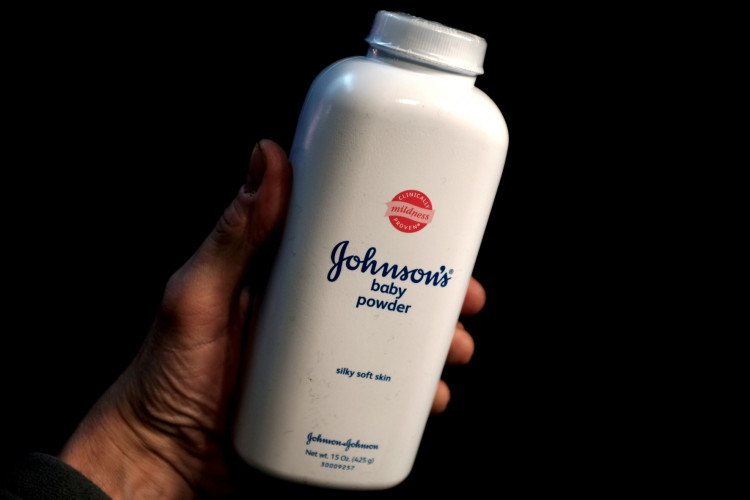Johnson & Johnson has announced that it will stop selling talc-based baby powder globally in 2023, more than two years after it stopped selling the product in the U.S., which prompted hundreds of consumer safety lawsuits.
It added that cornstarch-based baby powder is currently available in many nations throughout the world.
"As part of a worldwide portfolio assessment, we have made the commercial decision to transition to an all cornstarch-based baby powder portfolio," the statement stated.
After what it referred to as "misinformation" about the product's safety and a torrent of legal challenges, J&J announced in 2020 that it will stop distributing its talc Baby Powder in the United States and Canada. This was because demand had decreased.
About 38,000 lawsuits have been filed against the company by consumers and the survivors of those who have died from cancer, alleging that asbestos, a proven carcinogen, was present in the talc goods.
J&J disputes the claims, claiming that years of governmental approvals and scientific research have established the safety and absence of asbestos in its talc. It reiterated the statement while announcing the product's discontinuance on Thursday.
While defendants J&J and the bankrupt subsidiary procedure contend that is an equitable method of compensating claimants, those suing have argued that Johnson & Johnson should be required to defend itself against the lawsuits.
The company's sales decision won't immediately affect the claims because they are stalled in bankruptcy, according to Ben Whiting of the plaintiffs' firm Keller Postman. However, Whiting warned that if a federal appeals court permits the claims to proceed, the customers might attempt to use Johnson & Johnson's decision to recall the items as evidence. "If these cases were to go again, then it's a very big deal," Whiting said.
According to bankruptcy court records, the business had to pay out more than U.S.$3.5 billion in judgments and settlements prior to declaring bankruptcy, including one where 22 women received judgments totaling more than U.S.$2 billion. In April, a shareholder motion to stop talc baby powder sales worldwide was rejected.
Based on a 2018 Reuters investigation, J&J had long known that its talc products contained asbestos, a known carcinogen. Internal corporate documents, trial testimony, and other evidence revealed that J&J's finished powders and raw talc occasionally tested positive for trace levels of asbestos from at least 1971 through the early 2000s.
J&J has consistently asserted that their talc products are safe and do not cause cancer in response to evidence of asbestos contamination that has been presented in media reports, in court, and on Capitol Hill.






